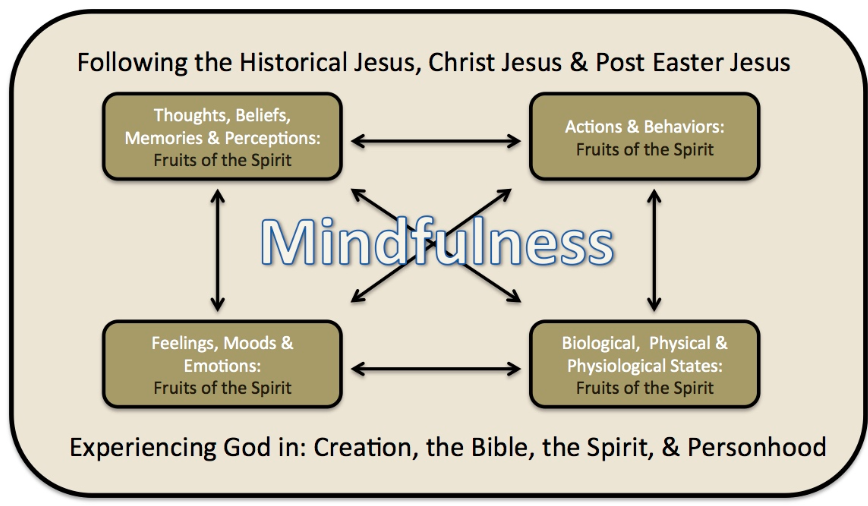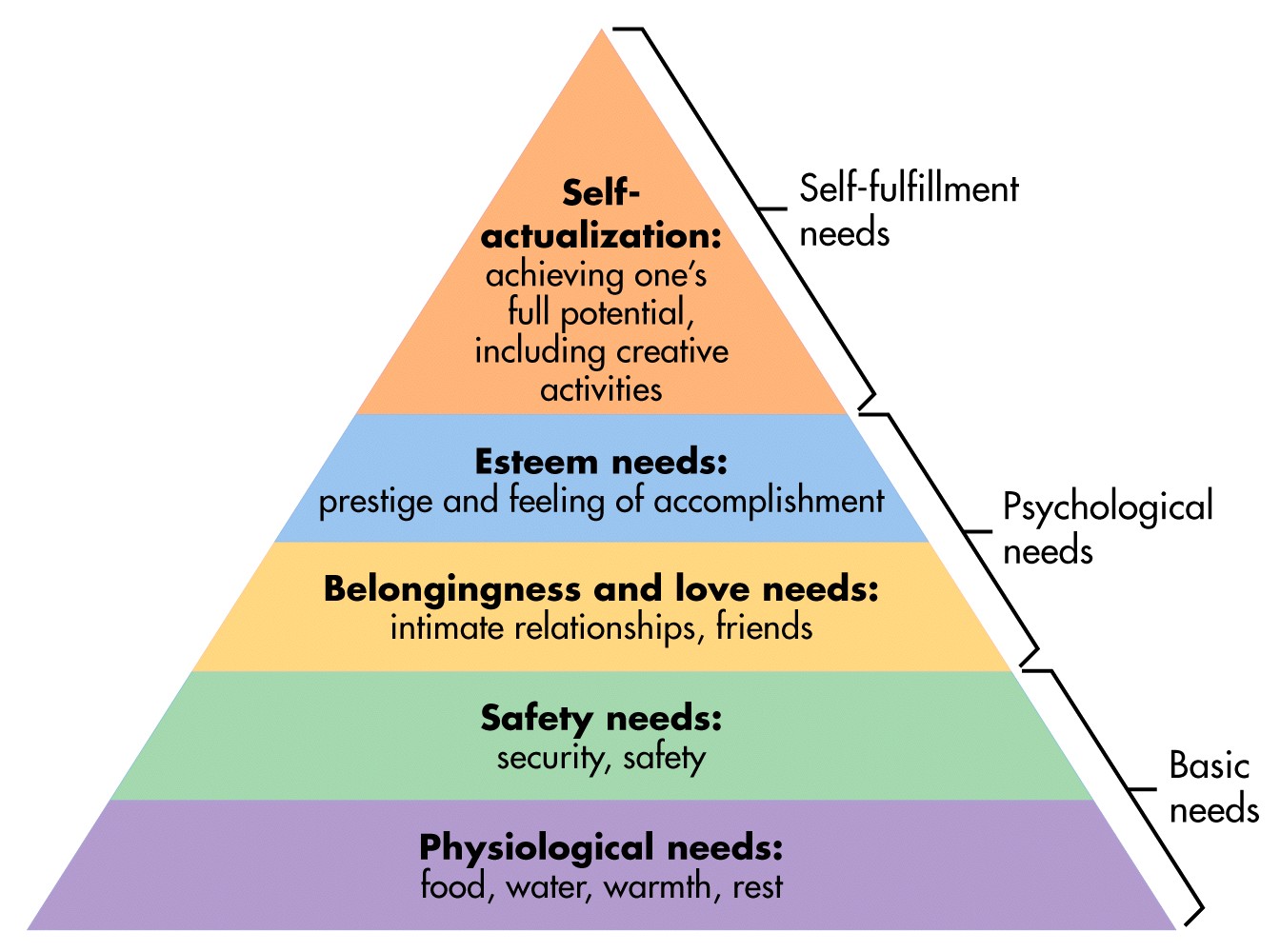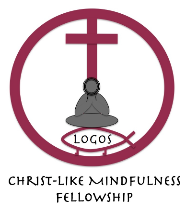Spiritual Direction is a God Centered activity where two to four people prayerfully and intentionally come together to focus on a Directee's relationship with God. The directee discusses their historical and current experience with God, and the Director assists the directee in discerning issues of personal purification, Christ-like sanctification, and spiritual unification (emotional, relational, and lifestyle intimacy) with God. The director's role tends to be prayerfully observant, supportive and socratic in order to discern limbic-right hemisphere processes implicit memories that effect the directee's relational experience with God. Spiritual direction focuses on the directee's prayer life and autobiographical narratives, and seeks the integration of left brain narrative with heart felt limbic-subcortical and right brain implicit memory as it effects their day to day life with God.
Christian Coaching can involve spiritual direction, but periods of coaching typically focuses on specific goals that the directee and director agree to place before God with the prayerful intention of assisting the directee in their adherence and progress in practicing Christian disciplines that promote brain-based cognitive behavioral transformation. Coaching is a collaborative process, and can focus on learning new cognitive behavioral skills associated with over coming barriers to Christian growth; and Christian coaching can be spaced between times of spiritual direction.
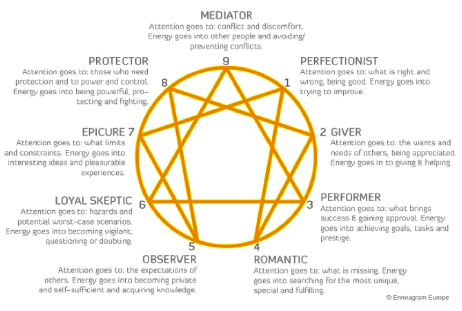
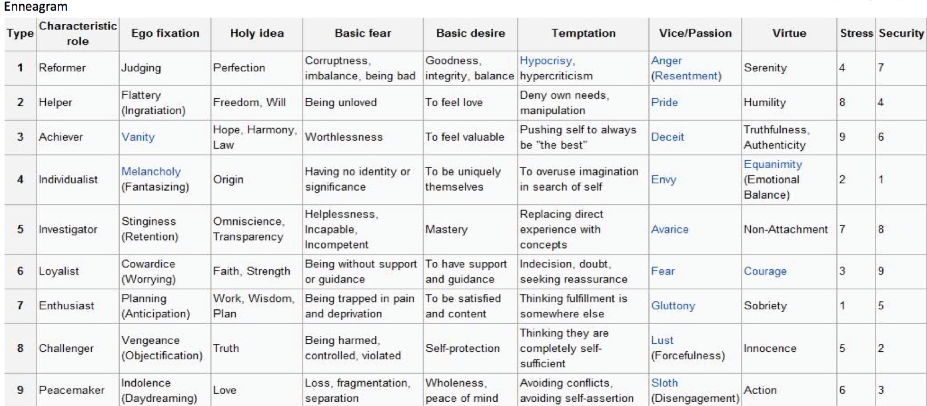
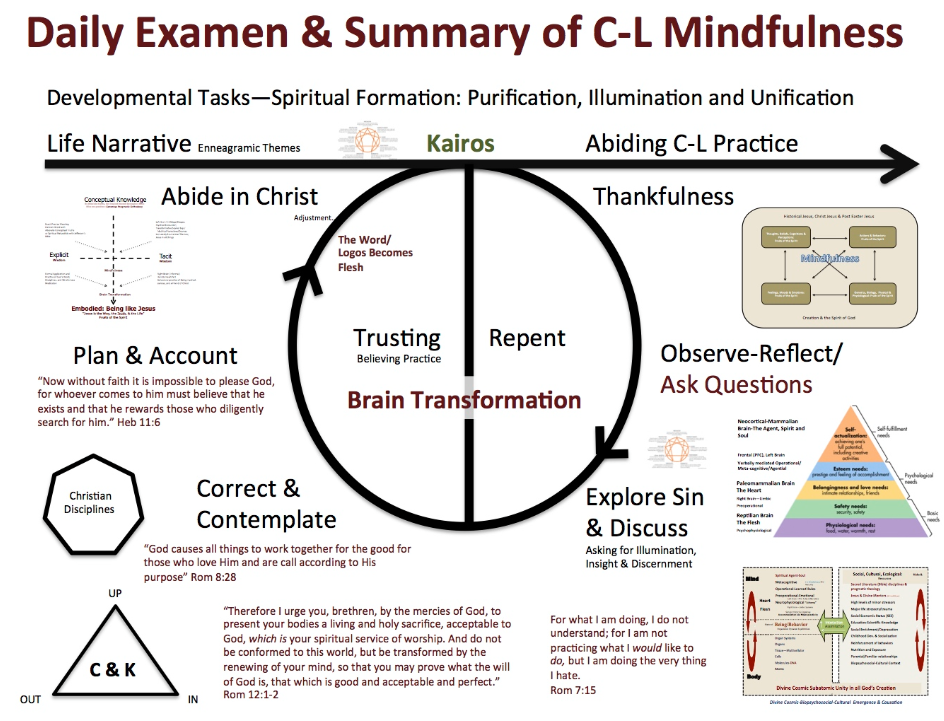
The application of Cognitive -Behavioral observation and discernment to the Christ-like sanctification process is best learned and practiced in relationship with a close trusted spiritual coach, friend or director who can help the directee explore their unconscious/implicit thoughts, perceptions, memorys and reactions that affect their emotional relationship with God, others and themself. Our limbic-right brain processes of perception and emotional-behavioral reactions, are 10 times faster than our left brain's conscious rational analysis of events and social interactions. In our relationship with God, the Spirit facilitates Christ-like cognitive -behavioral transformation that renews our minds from the world's dysfunctional programing (biopsychosocial-cultural neurocognitive programing) of our brain's emotional and behavioral perceptions and reactions.
Brain based cognitive behavioral transformation focuses on learning and practicing Christian disciplines that enable the Spirit of God to actualize our potentials to transform the structure and functions of our brain systems, which leads to the formation of Christ-like character traits involving the Fruits of the Spirit. While Christian transformation is an act of grace from our Father in heaven, the process takes our full devotion, attention, and commitment to the practice of abiding in Christ moment to moment throughout our lives. Anyone who attempts this process will experience moments of frustration like the Apostle Paul did. As he states in Romans 7:15, "for I am not practicing what I would like to do, but I am doing the very thing I hate."
Brain Systems and Human Desire
PFC Intention and integration
PFC and Left Brain Narrative
Explicit Memory
Limbic Right-Brain
Implicit Memory
Subcortical
Sensory
It's at these times of frustation that we abide in the grace of Christ (Christ's love for ourselves), and sit in God's loving presence and explore our desires, our emotions, and let the Spirit work in us. During coaching or direction we discuss our observations; delineate our distortions and dysfunctions. We then in faith intentionally re-experience our God-self narrative with desired emotional, behavioral and situational Christ-like outcomes. Some directees benefit from the exportation of the Enneagram in order to help them identify patterns of biopsychosocial-cultural motivation and dysfunction in our attempts to love God, self and others. Where two or more are gathered, Christ promises to be there to make the adjustments in our quest to know and abide in our Lord more maturely and functionally. For those who have experienced trauma in childhood or adulthood, and/or who are experiencing emotional barriers to the experience of love, joy, and peace with God, self, and others, we recommend exploring Early Maladaptive Schemas (EMS).
Add Text Here...
Renewing the Mind
The above Model for Christian Coaching depicts our approach to training the follower of Christ in the process of purification, illumination and unification towards a lifestyle of Christ-like Mindfulness and Abiding Practice.
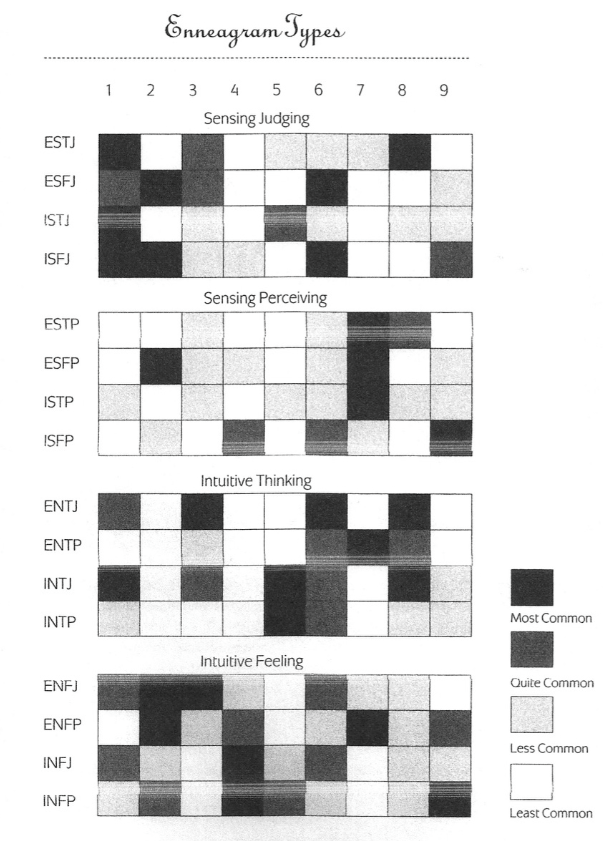
Myers-Briggs Personality Types and Enneagram
Enneagram and Christian Growth
Enneagram Self Assessment Test
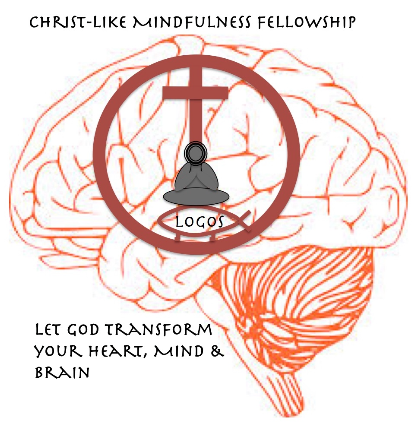
Model for Christian Coaching/Spiritual Direction
